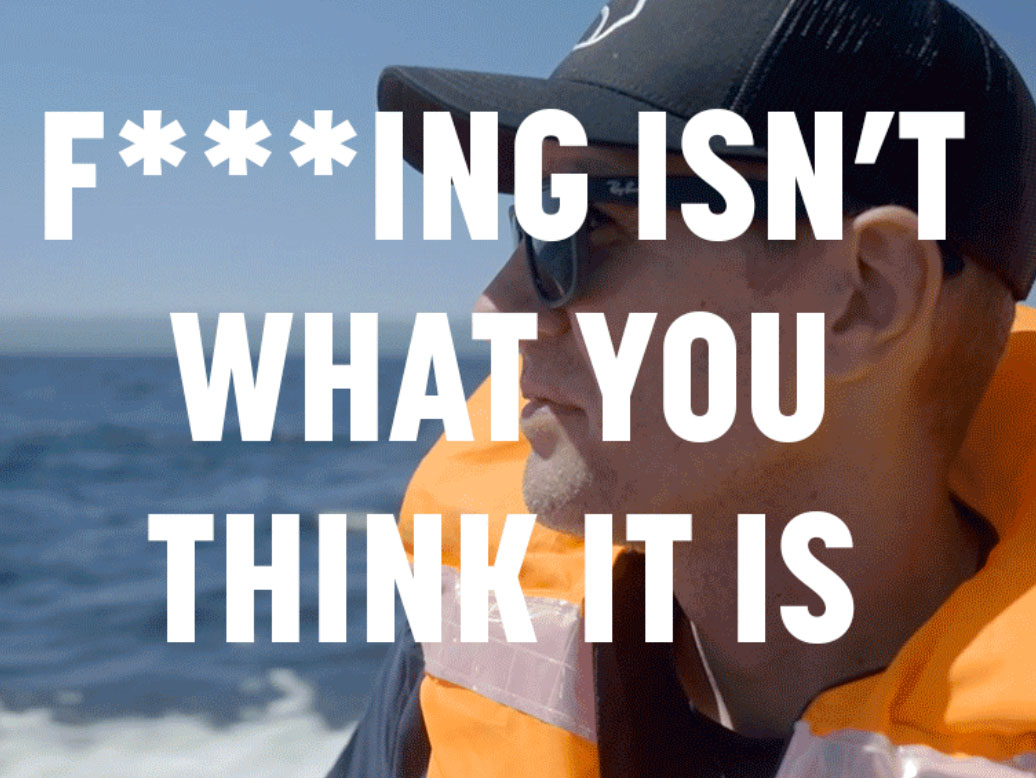
You can fill in the blanks for the first expletive above. But you’d probably guess wrong about the second one. That’s because the F-word indicated isn’t vulgar, even though some people have felt bad about Farming Salmon for far too long.
For my part, I care deeply about responsibly farmed salmon’s role in advancing aquaculture’s sustainability while providing the healthy protein our bodies need. And I believe we need to welcome more people into a discussion about what today’s best salmon farming really is—and the obsolete practices and myths that taint a reputation that belongs in the past.
That’s not an invitation to argue over whether wild stocks or farmed ones are better. (We need both.) Or about which company is prioritizing its profits over environmental responsibility. (Time will tell.) It’s a conversation about solving the escalating challenges to our global food supply chain without compromising on the ethical standards for producing food that’s good for everyone and everywhere.
I’m fortunate to work for a company willing to wrestle with practical market demands while upholding the moral principles that guide how they’re met. Our mission to “continually advance the sustainability of our seafood and world” presents the kind of “wicked problem” I was first introduced to when my investigation into the nature of food and its universal impacts began.
The professors in my graduate food studies program at NYU taught me that those wicked problems are the ones that are nearly impossible to solve due to their evolving complexity. They involve multiple stakeholders who often possess competing interests, values, and priorities. But far from being just an academic exercise, these complex dilemmas are rife in our modern world. And they have the kind of consequences that demand our diligence in addressing them.
None are more critical than the one that often pits our need to feed our bodies against what we do to maintain the planet that sustains our lives. By 2050, our global population will reach almost 10 billion people. Between now and then, we’ll need to increase global food production by nearly 60% through much more sustainable methods that have much less impact on our climate. Seafood plays a crucial role in these calculations since the global demand for this source of about one-fifth of all animal protein is predicted to double during that time.
I’ve spent my career building businesses that present more sustainable solutions to challenges like these. But no industry holds the kind of promise like the one I’m in now. The exponential advances made in technology and methodology over the last thirty years within the field of aquaculture make it a prime stakeholder in developing the food production systems that can nourish both people and planet best.
So, at Secret Island, we’ll keep talking about the F-word until we remove the stigma that salmon farming using today’s advanced aquaculture practices doesn’t deserve. And while other brands might shy away from discussing the dilemma of how to farm fish to both feed and help sustain our world, we hope more of them will weigh in.
Because fostering open and honest communication about the challenges we face in tackling that wicked problem is the only way to enlist the support of others critical to creating the best version of another F-word we’re all working for: our future.
With Gratitude,
Daniel Del Coro
